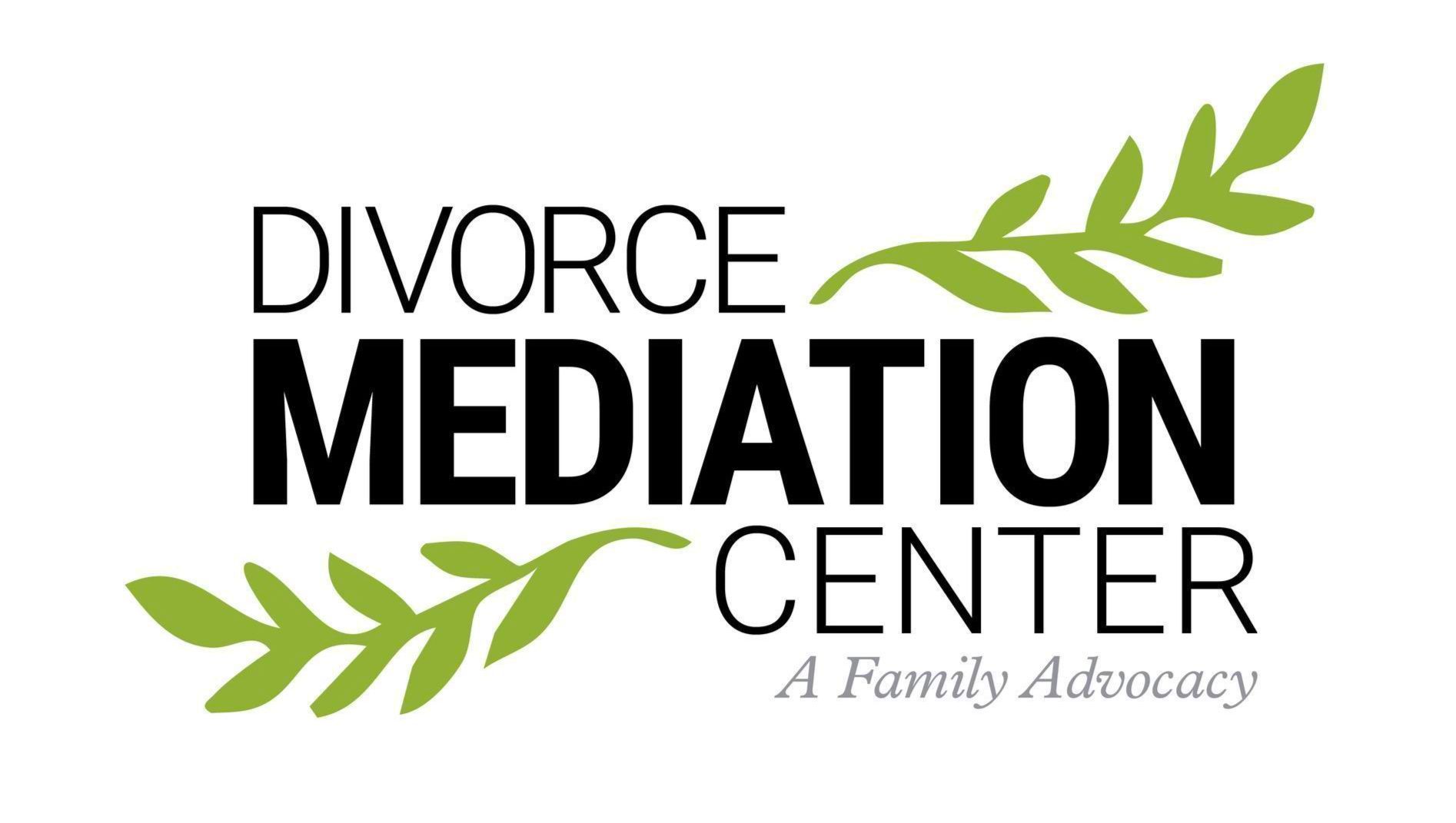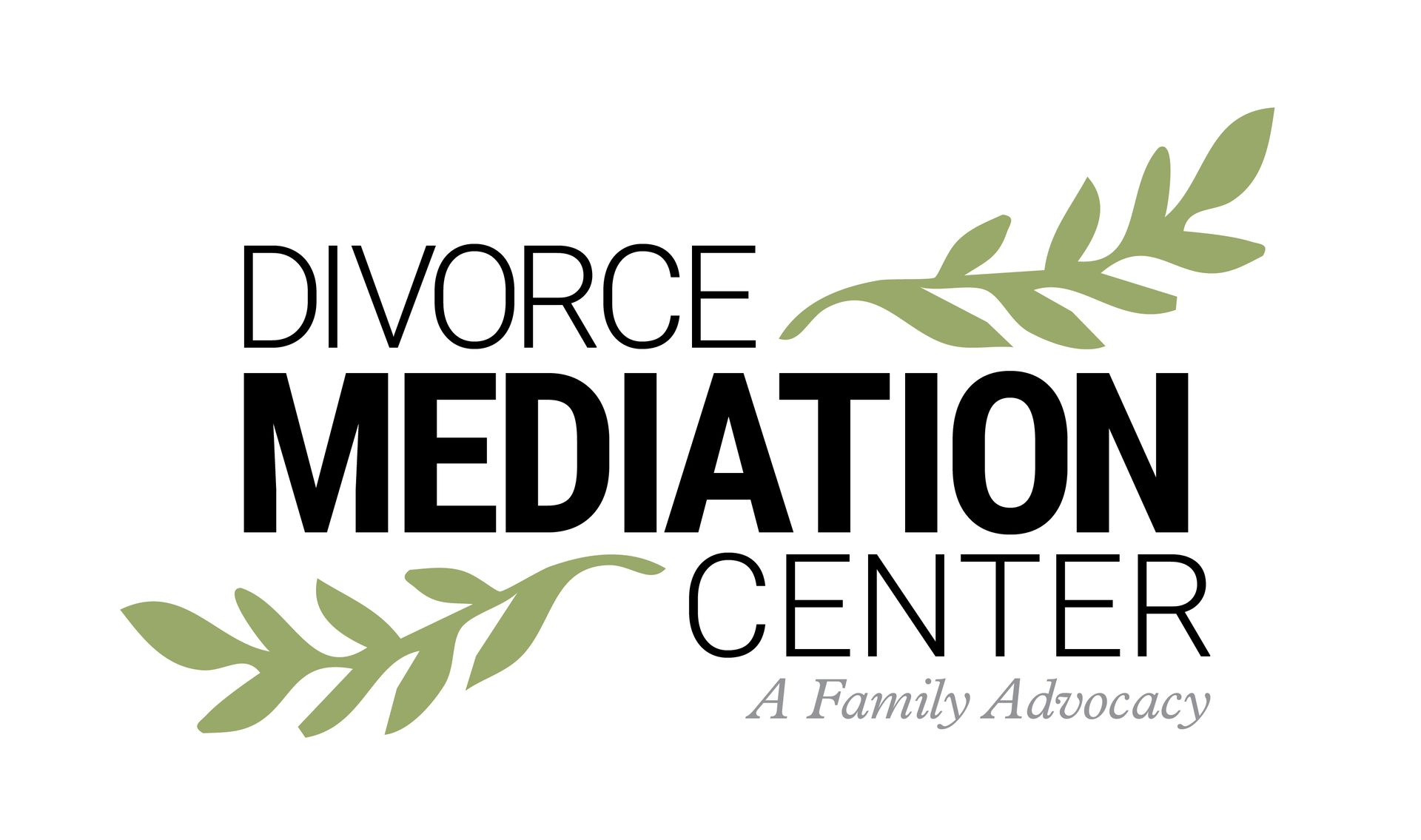Verbal or Mental Abuse in Marriage
I asked Amy Bear , License Professional Counselor and author of From Charm To Harm – the Guide to Spotting, Naming and Stopping Emotional Abuse in Intimate Relationships to share 10 signs of the most common characteristics of verbal abuse, emotional abuse and mental abuse, which if chronic and long lasting can cripple a marriage and are quite often a common cause of divorce. While this article refers to “He” and “Your Prince” the behaviors can also be applied to “She” and “Your Princess.” Here is Ms. Bear’s contribution:
You and your new man are in a cozy corner at a popular restaurant enjoying candlelight andconversation. You’ve finally found your Prince Charming and you’re falling hard for him. The server appears and places your entrées on the table. “This isn’t what I ordered!” barks your Prince to the server. “Do you have a problem understanding English?” His outburst snaps you out of a dreamy trance. Hostility over a minor incident is a dramatic departure from the kind and caring man you thought you knew.
You’ve just witnessed what could be a red flag alert . A one-time occurrence of disrespect for others can be chalked up to having a bad day. But if your Prince has a pattern of aggression when he doesn’t get his way, he could turn his controlling actions on you. Failure to recognize the meaning of this type of conduct could lead to an unhappy relationship.
Controlling people, both men and women, often use intimidation, humiliation, deception, blaming and other tactics to manipulate others. Many of the tactics can be hard to distinguish from the experience of being in a normal relationship. It’s important to balance your attraction and excitement with a realistic assessment of the person with whom you’re getting involved. Knowing how to spot, name, and interpret telling behaviors in a new love interest could mean the difference between choosing a mate that charms or a mate that harms. Watch for a pattern of the following behaviors:
Indicators – Red flags warning of trouble ahead in the relationship. Indicators happen when his polished image fades momentarily to reveal undesirable character traits. If you witness a disturbing incident caused by your Prince, it could be the tip of the iceberg. Pay careful attention not only to how he treats you, but also how he treats other people.
Cobwebbin g – Like spiders, Cobwebbers spin yarns to catch their prey. They weave fictitious stories about their personal circumstances, character traits, social status, or material possessions to ensnare potential mates. They may divulge problems in their past, such as job loss or trouble with the law, but they maintain that they were innocent or charged unfairly. Harsh criticism of their former partners while projecting a saintly image of themselves is a big clue to cobwebbing. Question him and hold him accountable for stories he tells that don’t ring true.
Intense Pursuit – Pursuing you with an intensity that seems over the top. He showers you with attention, gifts, and favors to the point of making you uncomfortable. He expresses his love for you too soon in the relationship and says he can’t live without you. He wants to spend all of his free time with you. He may pressure you into something you’re not ready for, such as sex or living together. Don’t rush and don’t be rushed.
Scamouflage – Scamming you into believing he has decent personal values, such as integrity, honesty, and respect for others. He camouflages his true character until you commit to a relationship. Gradually, his praise and support become criticism and demands. His attentiveness and dependability become distant and lack of trustworthiness. Before you get too deeply involved, be sure your Prince has the character traits he claims to have.
Idolizing – If your new love interest puts you on a pedestal so you can do no wrong, he may be going to extremes of idealization and devaluation. As soon as you disagree with him or don’t cater to his needs, he will quickly demote your status in the relationship.
Foraging – Collecting and saving nuggets of information about you to use to his advantage at another time. A Forager may seem sympathetic to you during the hunt, but his real intention is to bring up the information when he needs it to control you.
Whitewashing – Painting over insensitive remarks or actions toward you by arguing that you overreacted or exaggerated his behavior towards you. Whitewashing is an indication that he lacks empathy for your feelings or point of view.
Blowing Bubbles – Like bubbles that pop into thin air, his promises have no meaning. He’s not reliable even though he knows his empty promises hurt you. If you complain about his lack of follow through, he makes excuses or gets angry with you.
Shirking the Blame – Failure to assume responsibility or accountability for his behavior. Mishaps are always someone else’s fault. Pinning the blame on others is a major indication of immaturity.
Hothead – Using anger to intimidate others into submission. For example, his jealous fits are not expressions of love. They are an indication that he’s possessive, demanding, and does not place importance on your independence.
Repetition of any of these behaviors and a lack of remorse for how it affects you could be an indication of a manipulative and controlling personality. So realize the significance of your Prince’s conduct early in the relationship and avoid overlooking, excusing, or denying unacceptable actions. When you get a glimpse of Prince Charming’s harmful dark side, it could speak volumes of what’s to come. And forget about trying to fix him. Your Prince isn’t likely to change unless he takes responsibility for his behavior, makes genuine apologies, and exerts the considerable effort and discipline it takes to improve his way of thinking and actions.
Adapted by Amy Lewis Bear from her book , From Charm to Harm : The Guide to Spotting, Naming, and Stopping Emotional Abuse in Intimate Relationships (Balboa Press, an imprint of Hay House 2014)
For more information on how to prepare to leave a verbally/emotionally abusive relationship, please buy our Transitions Divorce® Prep Workbook
The post Is Verbal/Mental Abuse Crippling Your Marriage? first appeared on Divorce Mediation Center.





